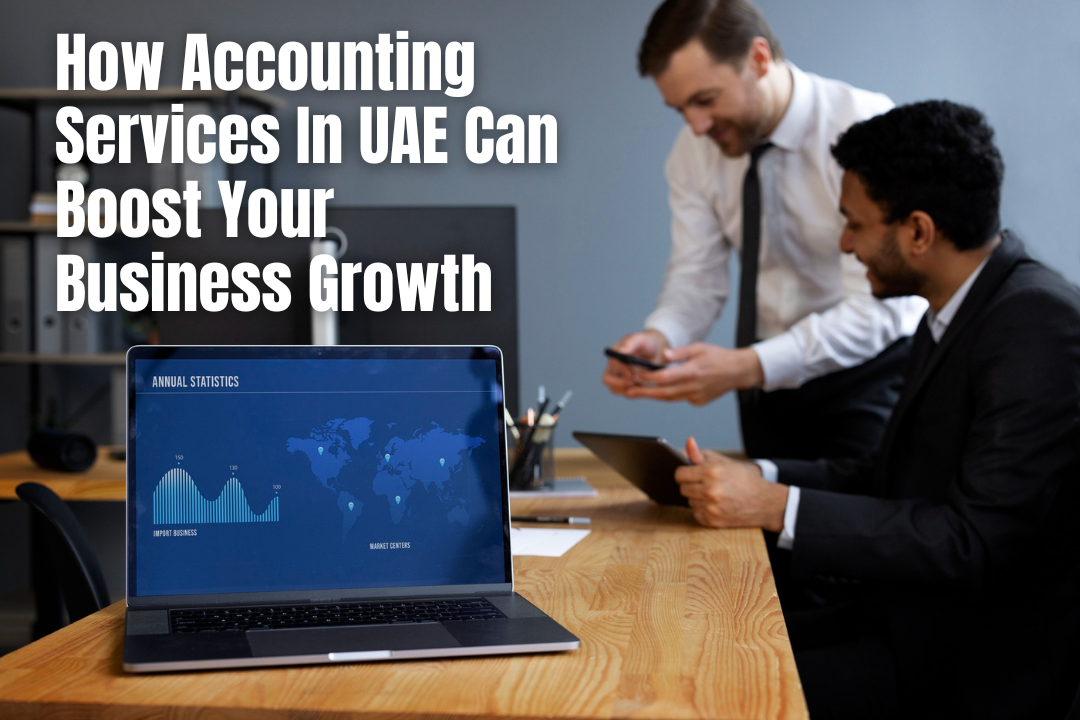Navigating the corporate tax regulations is a significant challenge for Small and Medium Enterprises (SMEs) in the United Arab Emirates (UAE). Engaging professional Corporate Tax Advisory in UAE services can provide SMEs with the expertise needed to optimize tax strategies, ensure compliance, and enhance financial efficiency.
Understanding Corporate Tax in the UAE
The UAE has implemented a federal corporate tax framework that applies to various entities operating within its jurisdiction. Key aspects include:
- Taxable Entities: Both UAE-incorporated and foreign juridical persons effectively managed and controlled in the UAE are subject to corporate tax. Additionally, non-resident persons with a permanent establishment or state-sourced income in the UAE fall under this tax regime.
- Exemptions: Certain entities, such as government bodies, government-controlled entities, qualifying public benefit entities, and specific natural resource businesses, are exempt from corporate tax.
- Compliance Requirements: Taxable persons must file annual corporate tax returns within nine months from the end of the tax period. Exempt persons are required to submit annual
Benefits of Corporate Tax Advisory for SMEs
Engaging the best corporate tax advisory in UAE offers several advantages for SMEs:
1. Expert Guidance on Tax Compliance
Professional tax advisors possess in-depth knowledge of UAE tax laws and regulations, ensuring that SMEs remain compliant and avoid potential penalties.
2. Tax Planning and Optimization
Corporate tax consultants analyze an SME’s financial structure to identify opportunities for tax savings, thereby enhancing profitability.
3. Navigating Exemptions and Free Zone Benefits
SMEs in UAE free zones can benefit from tax incentives like a 0% corporate tax rate on qualifying income, such as trade with other free zone entities or certain exports. Advisors help clarify eligibility and ensure compliance with substance requirements, including adequate staffing and assets within the free zone, to secure these benefits.
4. Maximizing Deductions and Reliefs
Professional Tax advisory services identify allowable deductions—such as business expenses, losses carried forward, and interest expenses—reducing taxable income. For SMEs, this can be a game-changer, as tight margins often make every dirham count. Advisors also provide guidance on small business relief, allowing eligible SMEs with revenue under AED 3 million to opt for simplified tax treatment.
5. Risk Management
Advisors help SMEs assess tax risks and implement strategies to avoid issues during audits or inspections.
6. Representation in Tax Matters
Experienced advisors can represent SMEs in discussions with tax authorities, ensuring that the company’s interests are effectively communicated and protected.
Choosing the Right Corporate Tax Consultants in UAE
When selecting corporate tax consultants in Abu Dhabi, SMEs should consider the following factors:
- Experience and Expertise: Look for advisors with a proven track record in handling corporate tax matters specific to the UAE market.
- Comprehensive Services: Opt for firms that offer a wide range of services, including tax compliance, planning, and advisory, to address all potential needs.
- Reputation and Reliability: Research client testimonials and industry reputation to ensure the advisor’s credibility and reliability.
Conclusion
For SMEs in the UAE, engaging professional corporate tax advisory services is crucial for navigating the complex tax landscape, ensuring compliance, and optimizing financial performance. For tailored tax solutions and expert advisory services, consult Auditac International — a trusted partner for businesses seeking comprehensive corporate tax advisory support in the UAE.













